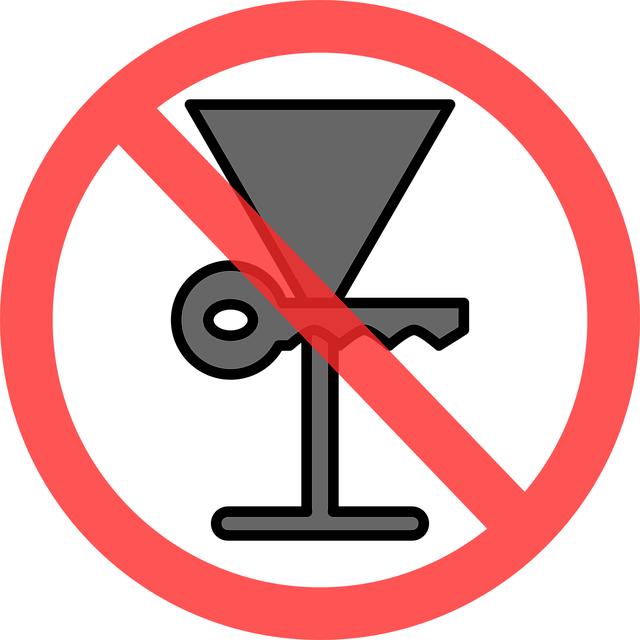Millennial DUI Awareness Campaigns are effective in addressing teen drinking and driving through targeted social media strategies, interactive content, and peer support. These campaigns leverage online platforms to educate young drivers about DUI risks, foster personal responsibility, and promote safer road choices by incorporating real-life stories, quizzes, videos, and workshops. They represent a key strategy for preventing substance abuse and reckless driving among teenagers.
Teen rehabilitation is back on track with a renewed focus on understanding and addressing Millennial DUI (drunk driving under age 21) challenges. This generation faces unique pressures that contribute to high teen drinking rates, making targeted awareness campaigns crucial for prevention. By combining education, support, and evidence-based strategies, we can empower teens to make smarter choices and reduce drunk driving incidents among Millennials. Effective rehabilitation starts with recognizing the specific issues and implementing proactive measures.
- Understanding Teen DUI: The Millennial Challenge
- Strategies for Effective Rehabilitation and Prevention Through Awareness Campaigns
Understanding Teen DUI: The Millennial Challenge

Teenagers, a demographic often referred to as millennials, face unique challenges when it comes to understanding and mitigating risks associated with driving under the influence (DUI). In recent years, Millennial DUI Awareness Campaigns have emerged as a critical component in combating this growing concern. These campaigns are specifically tailored to address the cultural nuances and digital-age habits of today’s youth. By leveraging social media platforms and innovative storytelling techniques, these initiatives aim to educate young people about the devastating consequences of impaired driving.
The challenge lies in reaching teens on their terms, as they navigate a landscape dominated by instant gratification and digital connectivity. Millennial DUI campaigns must embrace this dynamic by incorporating interactive elements, such as online quizzes, peer-to-peer sharing, and impactful videos that resonate with their target audience. This approach not only raises awareness but also fosters a sense of personal responsibility, encouraging teens to make safer choices on the road.
Strategies for Effective Rehabilitation and Prevention Through Awareness Campaigns

Teen rehabilitation, especially for issues like substance abuse and reckless driving, requires a multi-faceted approach. One powerful tool in this regard are Millennial DUI Awareness Campaigns. These campaigns focus not only on immediate intervention but also on long-term prevention through education and community engagement. By utilizing social media, interactive workshops, and peer support groups, these initiatives reach teens where they are most active and receptive.
The effectiveness of such campaigns lies in their ability to make complex issues like DUI (Driving Under the Influence) relatable and understandable. They often feature real-life stories, expert insights, and interactive simulations that drive home the consequences of irresponsible behavior. This strategic approach not only helps teens understand the risks but also equips them with the knowledge to make better decisions, ultimately contributing to a safer and more responsible future.
Teen DUI, a pressing issue among millennials, can be effectively addressed through comprehensive rehabilitation programs and targeted awareness campaigns. By combining education, support, and innovative strategies, we can empower young individuals to make safer choices and prevent future incidents. Millennial DUI Awareness Campaigns play a pivotal role in raising consciousness, offering hope, and guiding teens back on track.






